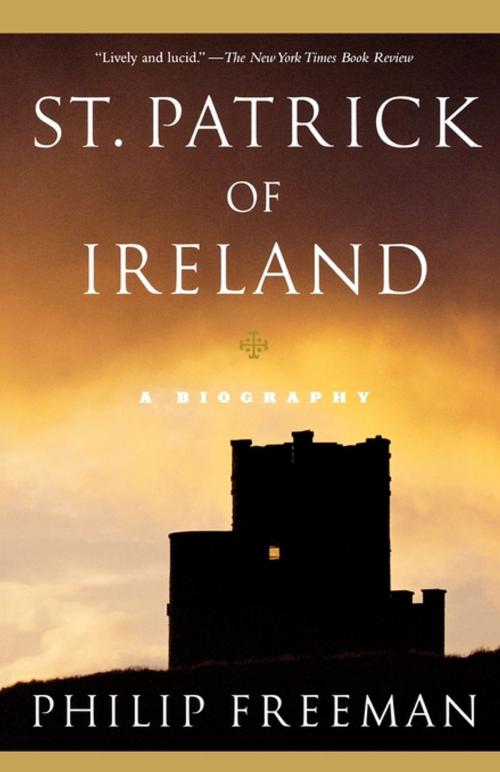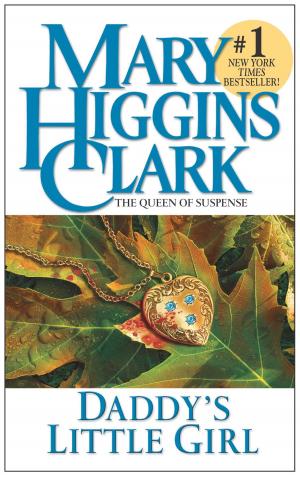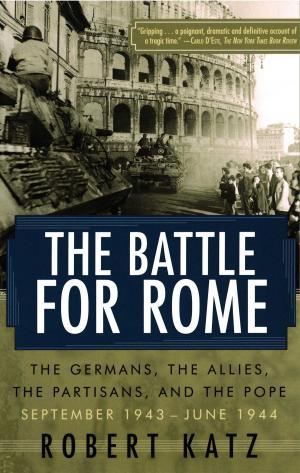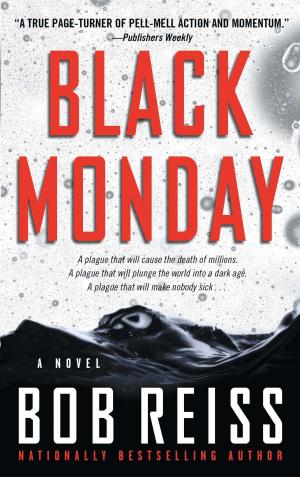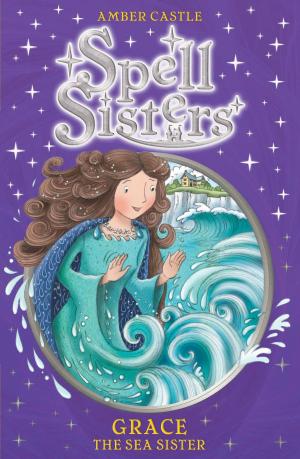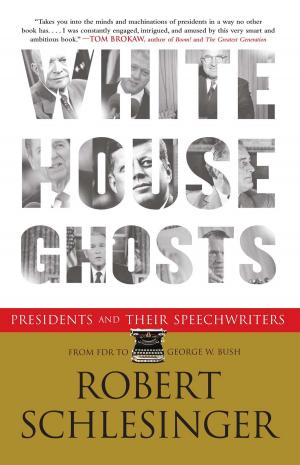| Author: | Philip Freeman | ISBN: | 9780743267496 |
| Publisher: | Simon & Schuster | Publication: | March 17, 2004 |
| Imprint: | Simon & Schuster | Language: | English |
| Author: | Philip Freeman |
| ISBN: | 9780743267496 |
| Publisher: | Simon & Schuster |
| Publication: | March 17, 2004 |
| Imprint: | Simon & Schuster |
| Language: | English |
Ireland's patron saint has long been shrouded in legend: he drove the snakes out of Ireland; he triumphed over Druids and their supernatural powers; he used a shamrock to explain the Christian mystery of the Trinity. But his true story is more fascinating than the myths. We have no surviving image of Patrick, but we do have two remarkable letters that he wrote about himself and his beliefs -- letters that tell us more about the heart and soul of this man than we know about almost any of his contemporaries. In St. Patrick of Ireland Philip Freeman brings the historic Patrick and his world vividly to life.
Born in Britain late in the fourth century to an aristocratic family, Patrick was raised as a Roman citizen and a nominal Christian, destined for the privileged life of the nobility. But just before his sixteenth birthday, he was kidnapped by Irish pirates and abducted to Ireland, where he spent six lonely years as a slave, tending sheep. Trapped in a foreign land, despondent, and at the mercy of his master, Patrick's ordeal turned him from an atheist to a true believer. After a vision in which God told him he would go home, Patrick escaped captivity and, following a perilous journey, returned to his astonished parents. Even more astonishing was his announcement that he intended to go back to Ireland and devote the rest of his life to ministering to the people who had once enslaved him.
One of Patrick's two surviving letters is a declaration written to jealous British bishops in defense of his activities in Ireland; the other is a stinging condemnation of a ruthless warlord who attacked and killed some of Patrick's Irish followers. Both are powerful statements remarkable for their passion and candor. Freeman includes them in full in new translations of his own.
Combining Patrick's own heartfelt account of his life as he revealed it himself with the turbulent history of the British Isles in the last years of the Roman Empire, St. Patrick of Ireland brilliantly brings to life the real Patrick, shorn of legend, and shows how he helped to change Irish history and culture.
Ireland's patron saint has long been shrouded in legend: he drove the snakes out of Ireland; he triumphed over Druids and their supernatural powers; he used a shamrock to explain the Christian mystery of the Trinity. But his true story is more fascinating than the myths. We have no surviving image of Patrick, but we do have two remarkable letters that he wrote about himself and his beliefs -- letters that tell us more about the heart and soul of this man than we know about almost any of his contemporaries. In St. Patrick of Ireland Philip Freeman brings the historic Patrick and his world vividly to life.
Born in Britain late in the fourth century to an aristocratic family, Patrick was raised as a Roman citizen and a nominal Christian, destined for the privileged life of the nobility. But just before his sixteenth birthday, he was kidnapped by Irish pirates and abducted to Ireland, where he spent six lonely years as a slave, tending sheep. Trapped in a foreign land, despondent, and at the mercy of his master, Patrick's ordeal turned him from an atheist to a true believer. After a vision in which God told him he would go home, Patrick escaped captivity and, following a perilous journey, returned to his astonished parents. Even more astonishing was his announcement that he intended to go back to Ireland and devote the rest of his life to ministering to the people who had once enslaved him.
One of Patrick's two surviving letters is a declaration written to jealous British bishops in defense of his activities in Ireland; the other is a stinging condemnation of a ruthless warlord who attacked and killed some of Patrick's Irish followers. Both are powerful statements remarkable for their passion and candor. Freeman includes them in full in new translations of his own.
Combining Patrick's own heartfelt account of his life as he revealed it himself with the turbulent history of the British Isles in the last years of the Roman Empire, St. Patrick of Ireland brilliantly brings to life the real Patrick, shorn of legend, and shows how he helped to change Irish history and culture.
